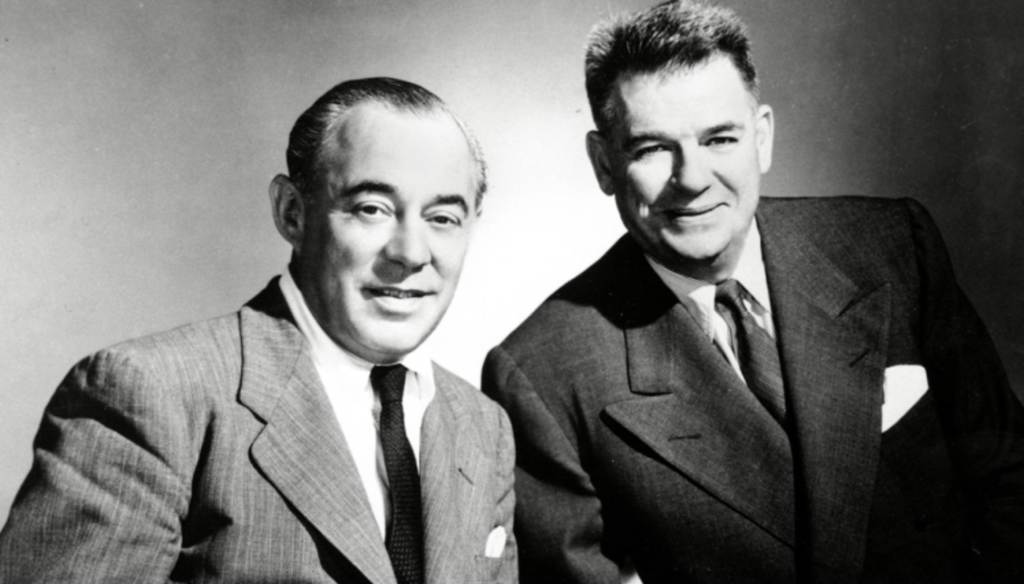 Rodgers and Hammerstein were a highly influential duo in the world of musical theater, known for their groundbreaking contributions that shaped the genre. Richard Rodgers was the composer, and Oscar Hammerstein II was the lyricist and playwright. Together, they revolutionized Broadway with their innovative approach to storytelling, character development, and integration of music and dance.
Rodgers and Hammerstein were a highly influential duo in the world of musical theater, known for their groundbreaking contributions that shaped the genre. Richard Rodgers was the composer, and Oscar Hammerstein II was the lyricist and playwright. Together, they revolutionized Broadway with their innovative approach to storytelling, character development, and integration of music and dance.
Some key characteristics of their music and work include:
1. Integrated Storytelling: Rodgers and Hammerstein believed in integrating music, lyrics, and dance seamlessly into the narrative. Their songs advanced the plot, revealed charactter emotions, and conveyed key themes.
2. Memorable Melodies: Their music featured unforgettable melodies that have stood the test of time. Songs like “My Favorite Things” (The Sound of Music), “Some Enchanted Evening” (South Pacific), and “Oh, What a Beautiful Mornin'” (Oklahoma!) are just a few examples of their enduring hits.
3. Exploration of Social Issues: Their musicals tackled important social issues of their time, such as racial prejudice in “South Pacific” and domestic abuse in “Carousel.” They used the power of theater to address and challenge societal norms.
4. Strong Character Development: Rodgers and Hammerstein created complex and relatable characters, making audiences emotionally invest in their stories. Characters like Maria (The Sound of Music), Curly (Oklahoma!), and Nellie Forbush (South Pacific) became iconic figures in musical theater.
5. Successful Collaborations: While Rodgers and Hammerstein were a prominent team, they had their own successful careers before joining forces. Rodgers previously collaborated with Lorenz Hart, and Hammerstein worked with Jerome Kern.
6. Legacy: Their collaborations led to some of the most beloved and enduring musicals in history, including Oklahoma! (1943), Carousel (1945), South Pacific (1949), The King and I (1951), and The Sound of Music (1959).
Overall, Rodgers and Hammerstein’s music continues to captivate audiences worldwide, and their contributions have had a profound and lasting impact on the development of musical theater as an art form.





